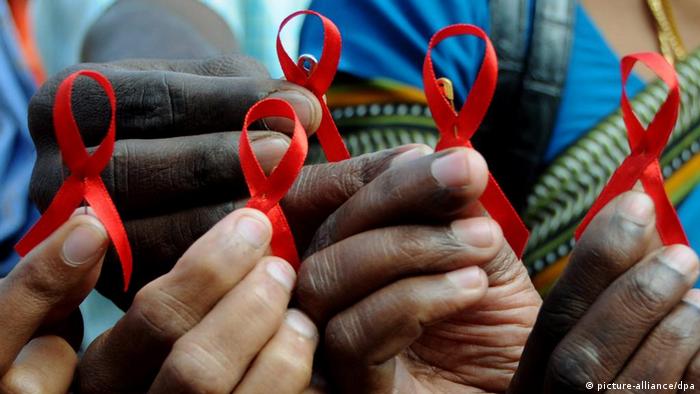
The HIV/AIDS epidemic instills fear in everyone. Since there is no known cure for HIV/AIDS and it is spread through multiple ways, it is important to understand and prevent the spread of the disease. One area of the world that has been hit very hard by the HIV/AIDS epidemic is the continent of Africa. Many factors including a weak health care system, minimal sexual education access, and limited access to protective measures such as condoms, have helped spread this disease to many in Africa. It should also be noted that HIV/AIDS is prevalent in many other parts of the globe.
Recently, in Uganda, they have been a beacon of hope in combating HIV/AIDS. In 1992, the HIV/AIDS prevalence rate in Uganda was 18% and by 2005, the nation dropped that to 6.2%. However, some argue a controversial law could change that. On May 13, the Ugandan Parliament unanimously passed the HIV Prevention and Control Bill. On July 31, Uganda’s President Yoweri Museveni, approved the bill. It was called it a “populist act”by Kikonyongo Kivumbi of the Uganda Health and Science Press Association.
The law allows medical personnel to disclose a patient’s HIV status to other people regardless of whether they have the infected patient’s consent. It also allows medical personnel to prescribe treatment to pregnant women, infected patient’s partners, and sexual assault victims. The law allows a 10 year prison sentence and a $2,000 fine for the willful and intentional transmission of the disease and a 5 year sentence for attempted transmission. 60 countries have criminalized the transmission of HIV or not telling a partner they carry the disease; this includes 34 states in the United States.
There are a couple of arguments against the law that are made. One is now that privacy for the patient is no longer respected, people will not go to be tested for HIV and/or stop treatment for fear their medical history would be put out in the open. That would leave them susceptible to retribution or labeled as an outcast in society. Another is the LGBT community was already not going for testing and treatment after an earlier law against homosexuality was passed (however, this law is now null and void after a review by the Constitutional Court) could drive those numbers up.
HIV in Uganda is slightly more prevalent in women than men. Many argue with this new law and disclosure requirements, women will face much more domestic violence from their partners if they test positive. Critics also point out that disclosure violates fundamental human rights. They also claim it is contrary to many HIV International group’s practices.
What do you think? Do you think that the law in Uganda will do what it is aimed to do, which is HIV prevention and control or will this law have a reverse effect on doing those objectives. Is the law a fair one to all the citizens of Uganda and if not, are there better ways to combat HIV?
Source:
I would have to agree with Mr. Johannes’ view on this matter surrounding new HIV/AIDS laws in Uganda. While the laws were likely made with good intentions, the strict punishments and diminishment of other basic rights is not the right solution to resolve this epidemic. I think the best way to combat HIV and AIDS in Uganda is through education and awareness initiatives. Also providing easy access to devices that would prevent the spread of the disease and access to medications.
These new laws in Uganda will have a gravely detrimental effect on those unfortunate enough to have contracted the diseases. They will likely be, if they have not been already, treated as outcasts and now as criminals, if they are engaged in this illegal conduct. While measures must be taken to prevent the spread of this terrible disease, and Uganda’s efforts are attempting to do so, other routes should be taken.